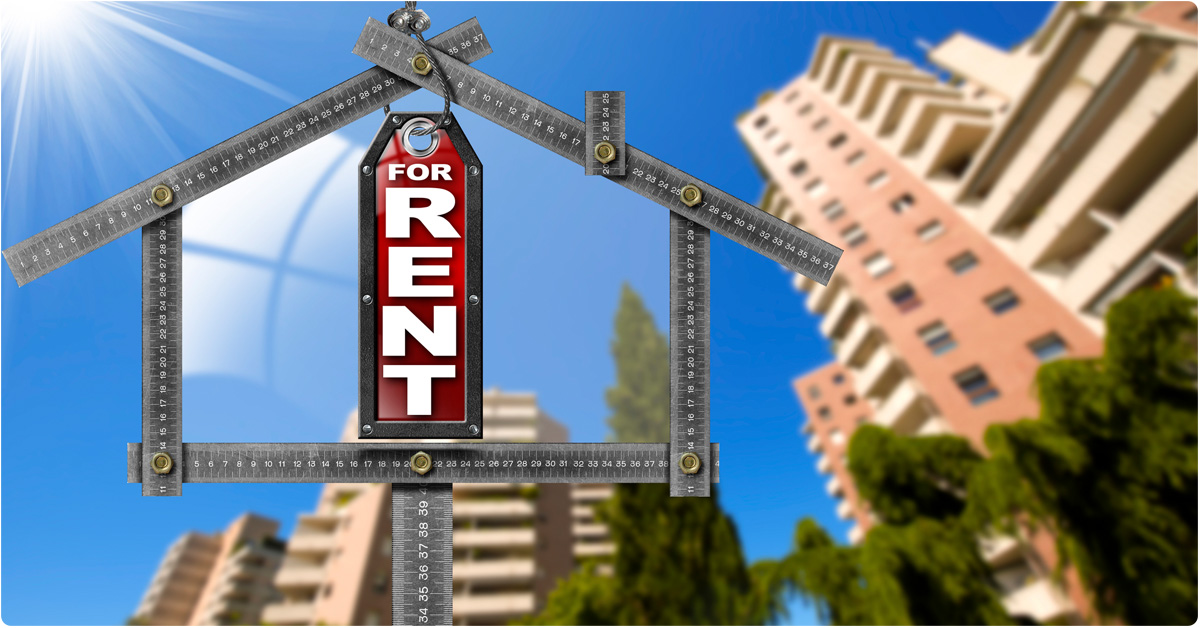
Most homeowners make their regular mortgage payments every month for the duration of the loan term, and never think of doing otherwise. But prepaying your mortgage could reduce the amount of interest you'll pay over time.
How Prepayment Affects a Mortgage
Regardless of the type of mortgage, prepaying could reduce the amount of interest you'll pay over the life of the loan. Prepayment, however, affects fixed rate mortgages and adjustable rate mortgages in different ways.
If you prepay a fixed rate mortgage, you'll pay off your loan early. By reducing the term of your mortgage, you'll pay less interest over the life of the loan, and you'll own your home free and clear in less time.
If you prepay an adjustable rate mortgage, the term of your mortgage generally won't change. Your total loan balance will be reduced faster than scheduled, so you'll pay less interest over the life of the loan. Every time your interest rate is recalculated, your monthly payments may go down as well, since they'll be calculated against a smaller principal balance. If your interest rate goes up substantially, however, your monthly payments could increase, even though your principal balance has decreased.
Should I Prepay My Mortgage?
A common predicament is what to do with extra cash. Should you invest it or use it to prepay your mortgage? You'll need to consider many factors when making your decision. For instance, do you have an investment alternative that will give you a greater yield after taxes than prepaying your mortgage would offer in savings? Perhaps you'd be better off putting your money in a tax-deferred investment vehicle (particularly one in which your contributions are matched, as in some employer-sponsored 401(k) plans). Remember, though, that the interest savings from prepaying your mortgage is a certainty; by comparison, the return on an alternative investment may not be a sure thing.
Other factors may also influence your decision. The best time to consider making prepayments on your mortgage would be when:
You can afford to contribute money on a regular basis.
You have no better investment alternatives of comparable certainty.
You cannot refinance your mortgage to obtain a lower interest rate.
You have no outstanding consumer debts charging you high interest that isn't deductible for income tax purposes (e.g., credit card balances).
You are in the early years of your mortgage when, given the amortization schedule, the interest charges are highest.
You have sufficient liquid savings (three-to-six months' worth of living expenses) to cover your needs in the event of an emergency.
You won't need the funds in the near future for some other purpose, such as paying for college or caring for an aging parent.
You intend to remain in your home for at least the next few years.
Particularly against a fixed rate mortgage, regular contributions toward prepayment can dramatically shorten the life of the loan and result in savings on the total interest you're charged. As always, consult your financial planner before making any large financial moves. We’re here to look at the big picture and help you make the best decisions for your particular situation.
Josh Bitel, CFP® is an Associate Financial Planner at Center for Financial Planning, Inc.® He conducts financial planning analysis for clients and has a special interest in retirement income analysis.
UPDATED from original post on December 6, 2016 by Matt Trujillo.
Any opinions are those of the author and not necessarily those of RJFS or Raymond James. The information has been obtained from sources considered to be reliable, but we do not guarantee that the foregoing material is accurate or complete. Raymond James Financial Services, Inc. and your Raymond James Financial Advisor do not solicit or offer residential mortgage products and are unable to accept any residential mortgage loan applications or to offer or negotiate terms of any such loan. You will be referred to a qualified Raymond James Bank employee for your residential mortgage lending needs.





